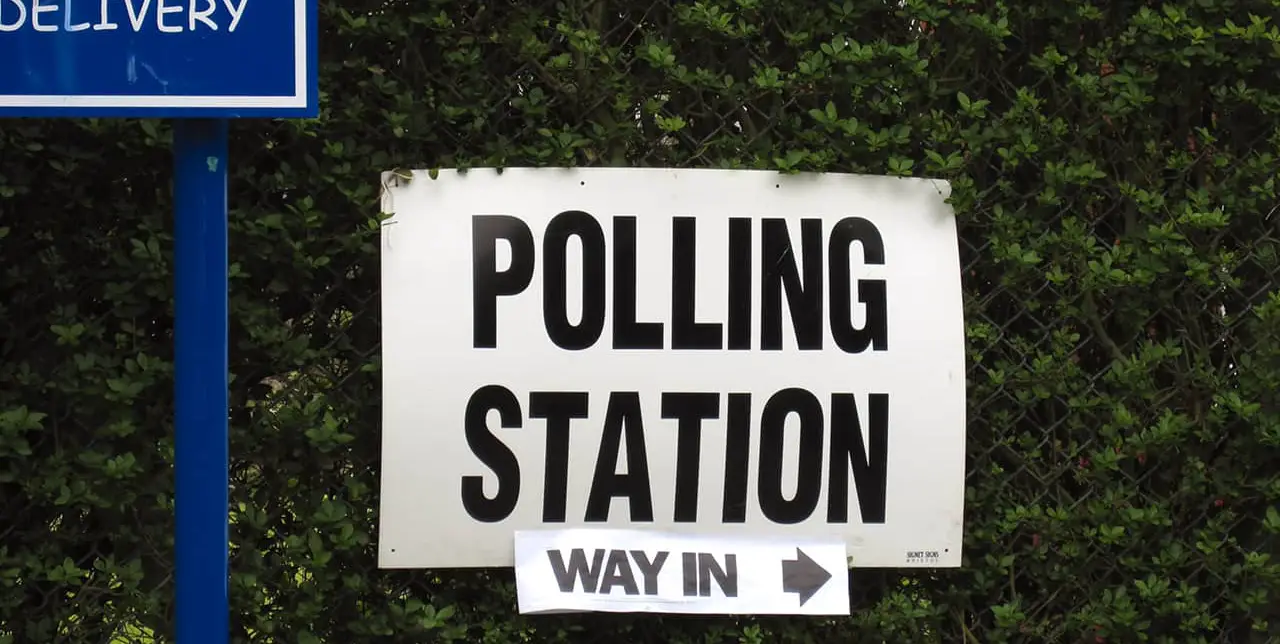OnTheWight always welcomes a Letter to the Editor to share with our readers – unsurprisingly they don’t always reflect the views of this publication. If you have something you’d like to share, get in touch and of course, your considered comments are welcome below.
This from Maggie Nelmes, Ventnor. Ed
In their well-researched AVR Briefing, the Electoral Reform Society states that In England and Wales, up to eight million citizens who are eligible to vote in elections are not registered, or are incorrectly registered because they have changed addresses.
These people are missing out on their democratic right to vote. In some constituencies, as many as one in five residents are not on the electoral roll.
8,000+ not registered to vote in each constituency
In the new Isle of Wight East constituency, an estimated 8,581 of those eligible to vote are missing from the register, and in Isle of Wight West, 8,466.
This is why the calls for Automatic Voter Registration (AVR) are getting louder, both from a number of cross-party parliamentary committees and from the general public.
Who they are
According to recent research, under-registered groups include young people, ethnic minorities, those in lower DE socio-economic groups and people living in privately rented accommodation. And Mencap has found that 60 per cent of adults with a learning disability find registering to vote too difficult.
AVR would not only remove “a significant barrier to taking part in the democratic process”, but would also relieve the pressure on Electoral Registration Officers from a flood of last-minute applications.
Easy to implement
In 2019, studies carried out by the Electoral Commission showed that AVR “could be implemented without radically altering the structure of the electoral system in the UK”.
The Passport Office, for example, carries out rigorous identity checks and passes on the information to other government departments and public sector bodies.
Anonymous registration would still be possible with AVR for those fleeing domestic abuse and persecution.
How others have done it
The Electoral Reform Society has studied how Sweden has implemented AVR, using the tax register. It also notes that 23 states in the US and one district have approved AVR, and that other states are expected to follow suit. In the first six months after AVR was introduced in Vermont in 2017, registered voter numbers increased by a staggering 62 per cent.
The Welsh government will soon start trialing AVR.
Forms of ID that could enable AVR
We do not have mandatory identity cards in the UK, as many countries do, but we do have passports, driving licences and other forms of ID which, when applied for, could enable AVR. This is unlikely to include the most deprived in our society, but those receiving state benefits could also be automatically registered.
Being on the electoral roll does not mean that people can be forced to vote. It just makes voting easier and is likely to significantly increase the number of votes cast, unlike the Tories’ compulsory ID, which we now have to show at the polling stations before we are allowed to vote.
Take action now
Tom Brake, Director of Unlock Democracy, urges people to take action now to get more voters registered for next month’s General Election by the deadline of 18th June.
Follow this link to their campaign website and choose one or more of the actions, such as sign the petition, remind a friend/neighbour/family member, or share on social media.





